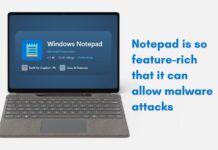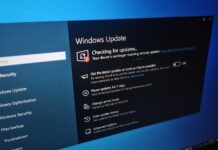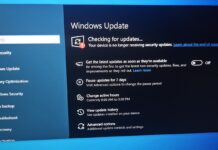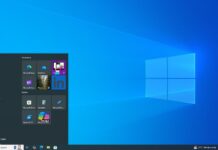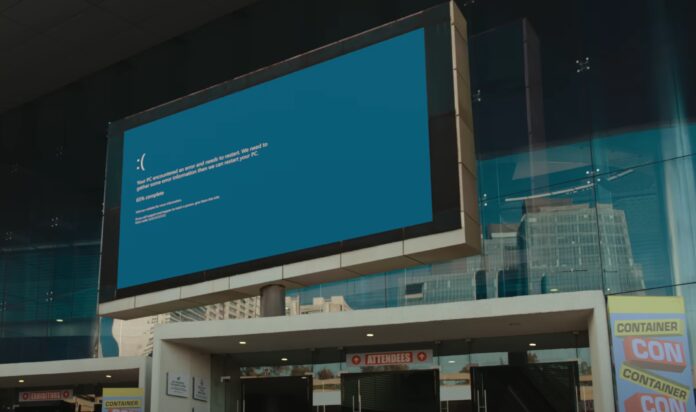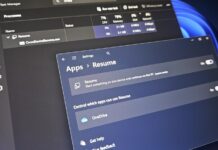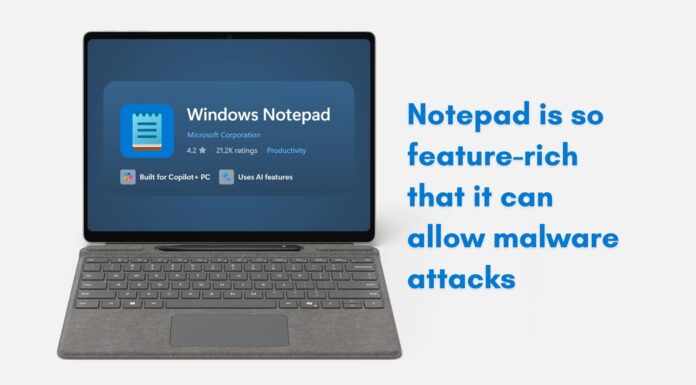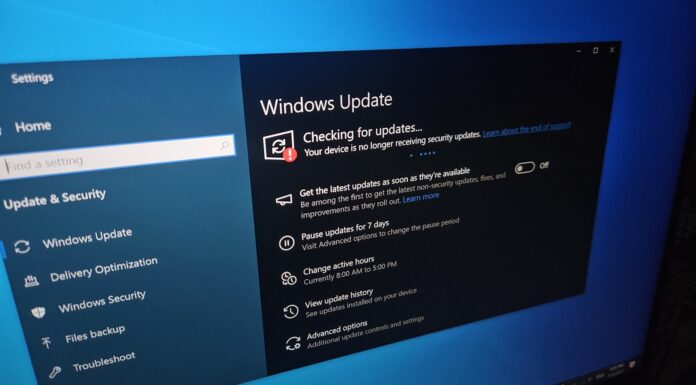Windows 11’s BSOD isn’t common. I rarely see it on my main or test PCs. Even so, Apple’s new ad turns a hall of crashed Windows machines into a sales pitch for the Mac. In a new ad film titled “The Underdogs: BSOD (Blue Screen of Death),” Apple mocks those who use Windows 11 at work and pitches macOS as “Macs don’t panic.”
It’s not a short 30-second ad, but a 8-minute ad film that shows a small startup attending a trade show called Container Con. Apple says the startup, which happens to own Macs, wants to meet a big buyer named Trev Smith and sell two million eco-friendly bags.
Throughout the ad film, we’ve Apple bits here and there. You’ll hear an Apple Watch ringtone from someone’s mom, and find people using “Find My” to ping a lost iPhone. But then the ad film slowly changes the narrative and launches the “anti-PC” campaign.
We’ve people panicking and running around at the trade show, while the room seems to be turning blue because PCs are crashing with a Blue screen error. Apple is clearly poking the CrowdStrike outage in 2024, which crashed thousands of PCs and affected millions, including those at the airport.
The CrowdStrike outage was not Microsoft’s fault, but, of course, Apple doesn’t want you to know the facts. Instead, Apple wants you to believe that Windows PCs often crash with the Blue Screen of Death.
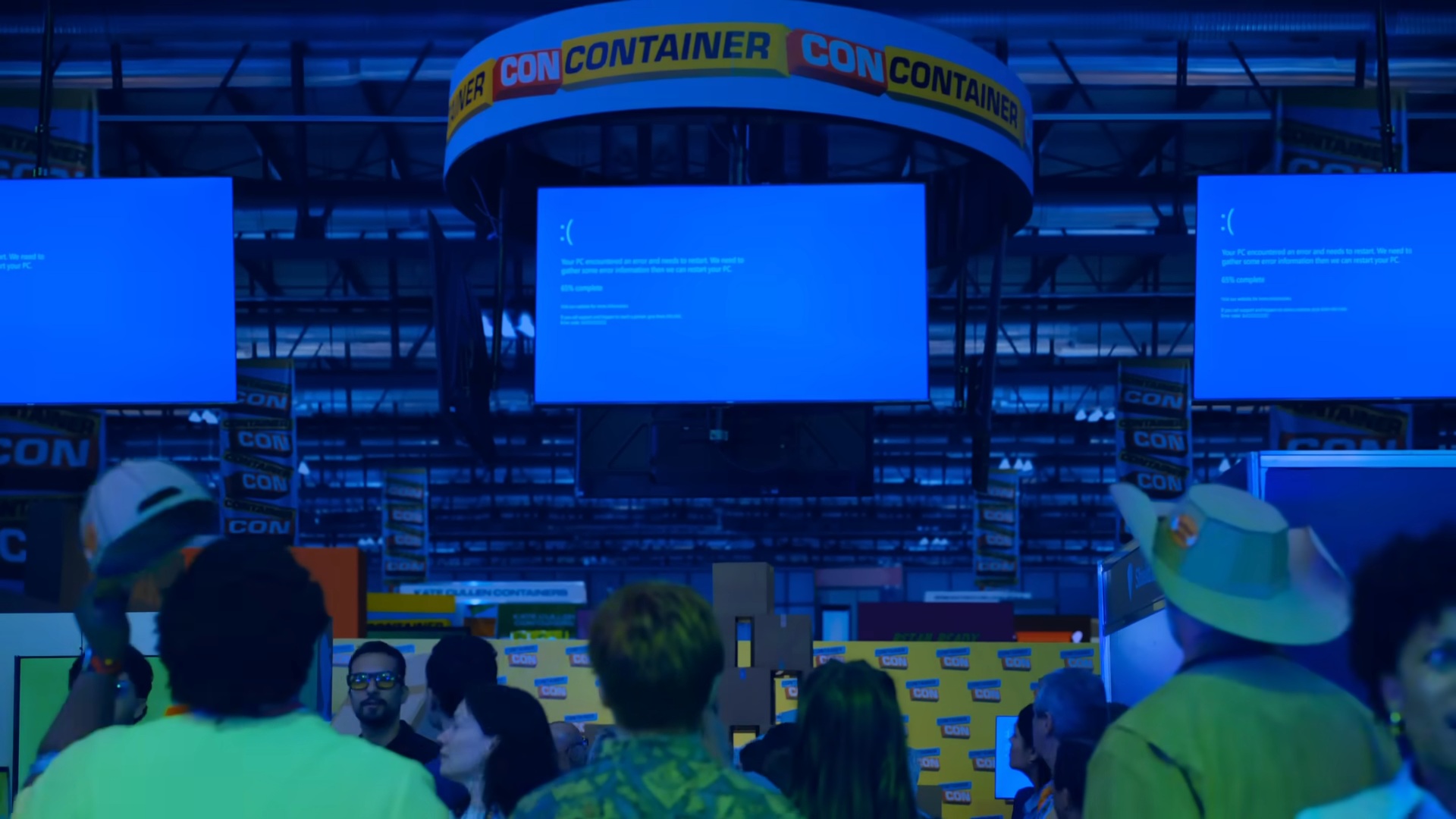
The ad film suddenly becomes dramatic as people are worried, panicking, and notifications are sounding across the trade show. Apple’s joke is that “the world went blue” because Windows 11 crashed everywhere.
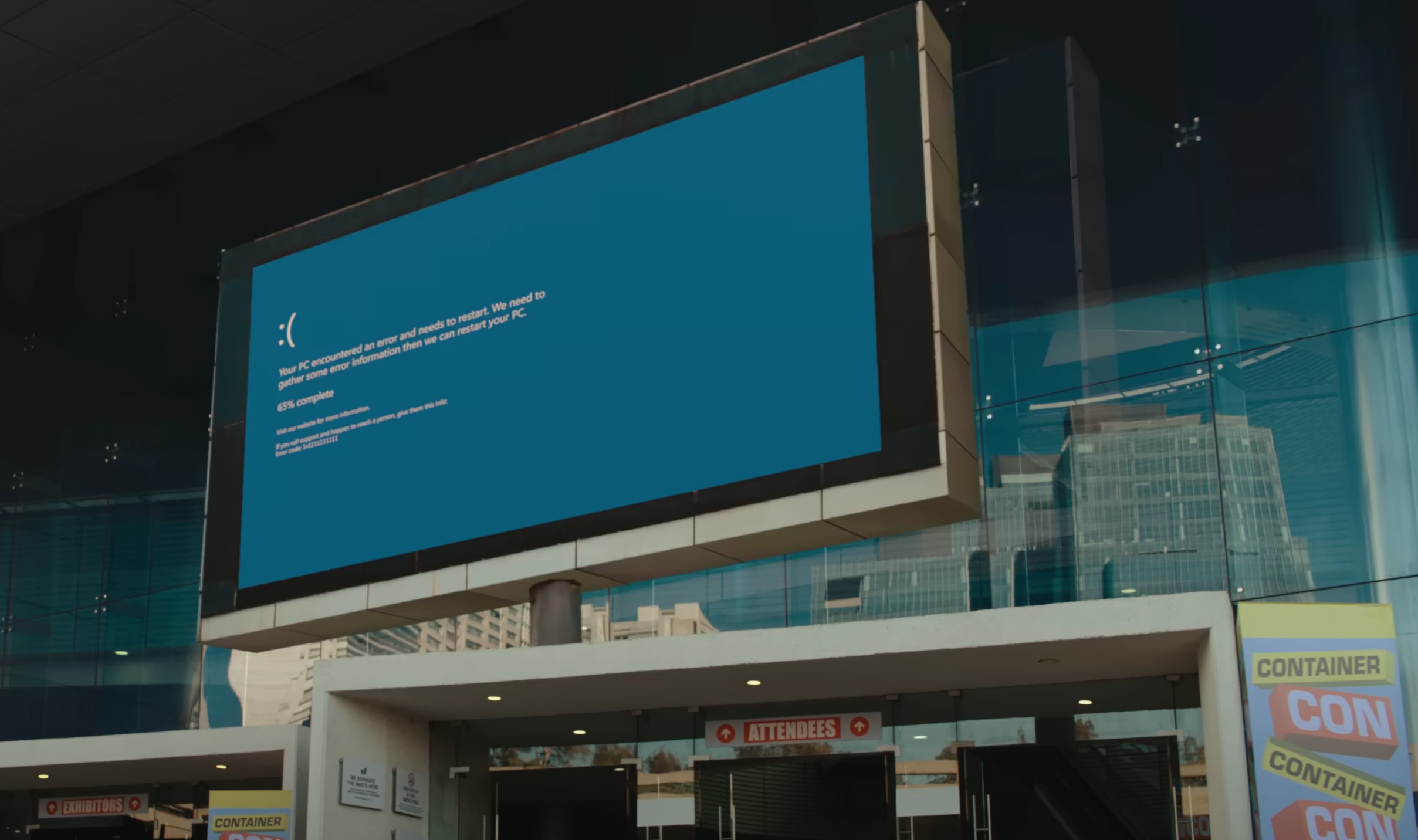
But only a specific booth at the trade show with macOS continued to work.
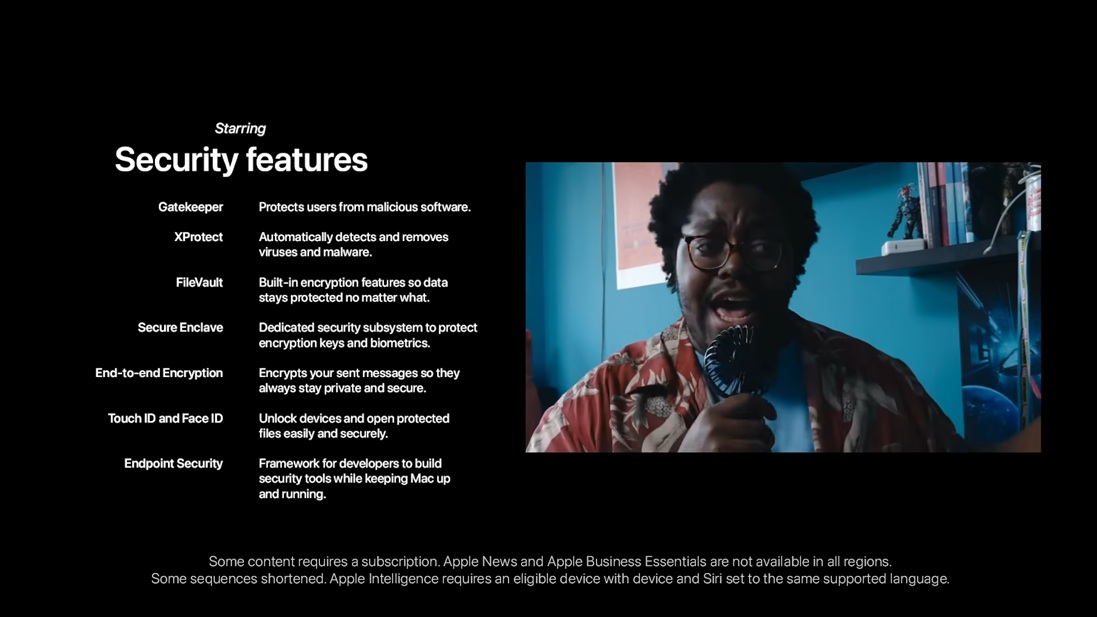
One of the characters in the ad films dials a security expert, who begins to explain how macOS is a better option than Windows 11. For example, on macOS, security tools use Apple’s Endpoint Security API, and Apps do not get kernel-level access.
“The endpoint security API handles kernel-level functionality by default. Doesn’t grant kernel-level access,” Apple’s ad says. “The deepest parts of an operating system are being protected from modification by third-party software or malware, which is obviously what happened to those PCs.”
“Huh? – It’s a PC problem. Your Macs are secure,” Apple claims in the ad film.
No, Apple. Windows now handles kernel access in a better way
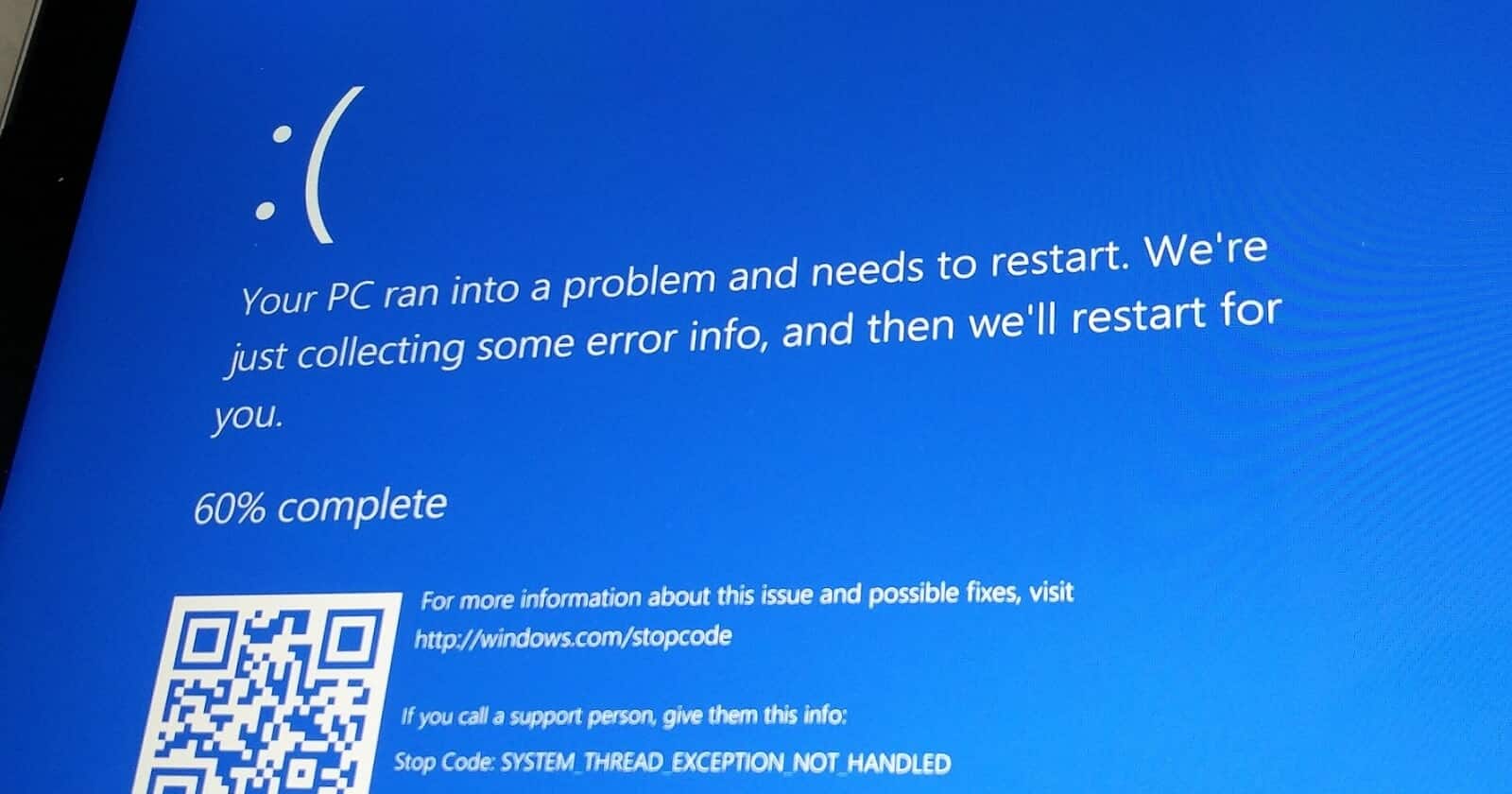
Well, let’s keep things fair. Unlike macOS or iOS, Windows is fairly open. Of course, it’s not as open as Linux, and I’m not going to compare the two OSes, but Windows is highly customizable. It gives more power to third-party apps than macOS, which has its own advantages and disadvantages.
In 2024, when a BSOD crashed thousands of PCs, it was quite obvious that the entire fiasco could have been avoided if Windows had never allowed kernel access to third-party apps.
Microsoft is improving how antivirus solutions access the Windows kernel
Fast forward to June 2025, Microsoft confirmed that it’s moving antivirus software out of the Windows kernel, and security partners will need to use a new API called “Windows endpoint security platform.” With this API, antivirus companies can build their solutions outside the Windows kernel.
“This change will help security developers provide a high level of reliability and easier recovery, resulting in less impact on Windows devices in the event of unexpected issues,” Microsoft noted.
Third-party security vendors can still ship kernel-mode components as long as they meet Microsoft’s requirements. However, Microsoft’s approach is changing. Microsoft is moving AV/EDR up to user mode, but kernel drivers still exist for now.
The new API is being deployed across select partners, and Windows will probably never crash again due to one of the security updates by a third-party vendor.
Microsoft has Quick Machine Recovery for unexpected BSODs
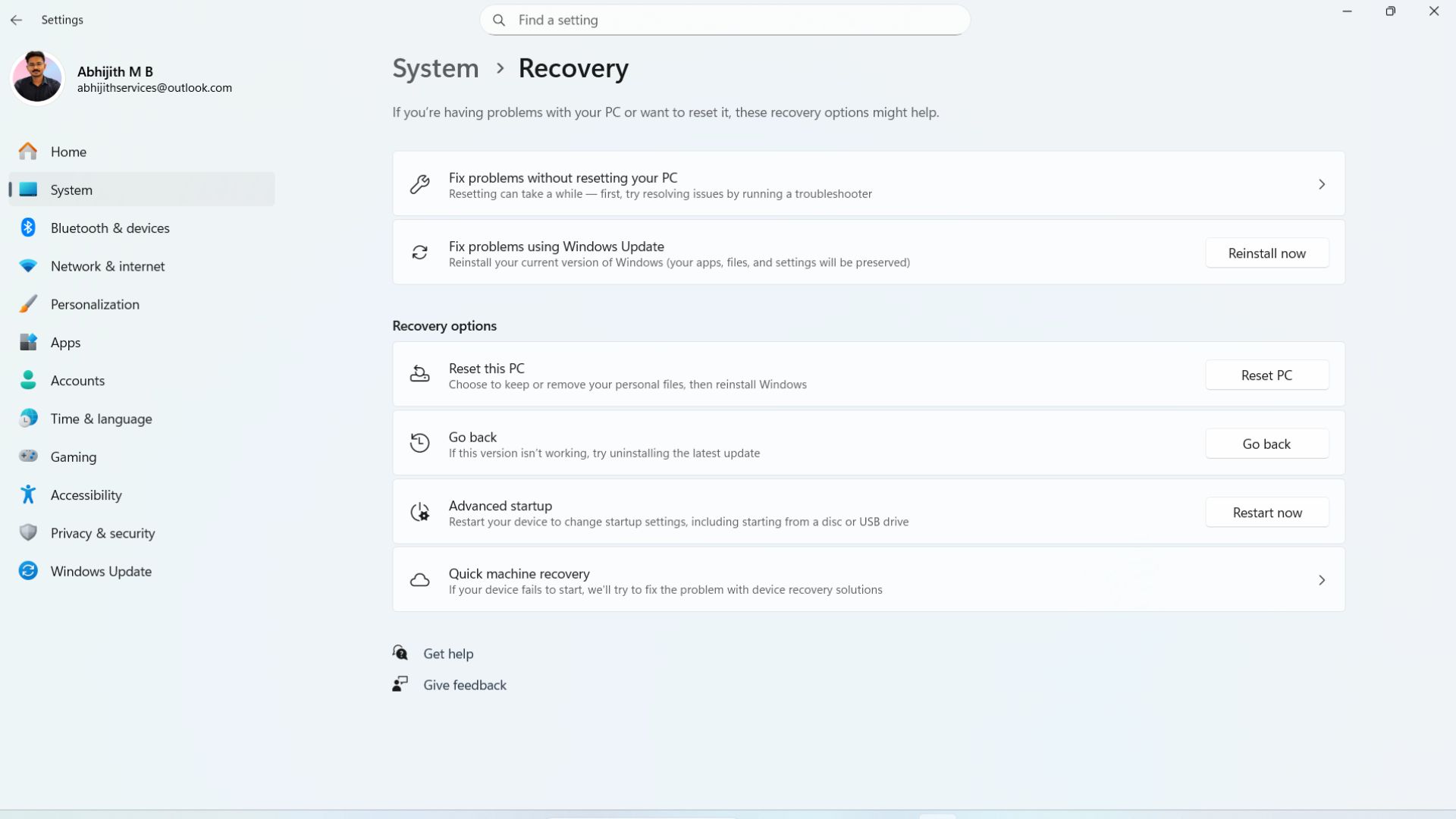
Microsoft has also rolled out Quick Machine Recovery, a feature that allows users to get back to the desktop when they’re stuck in a BSOD.
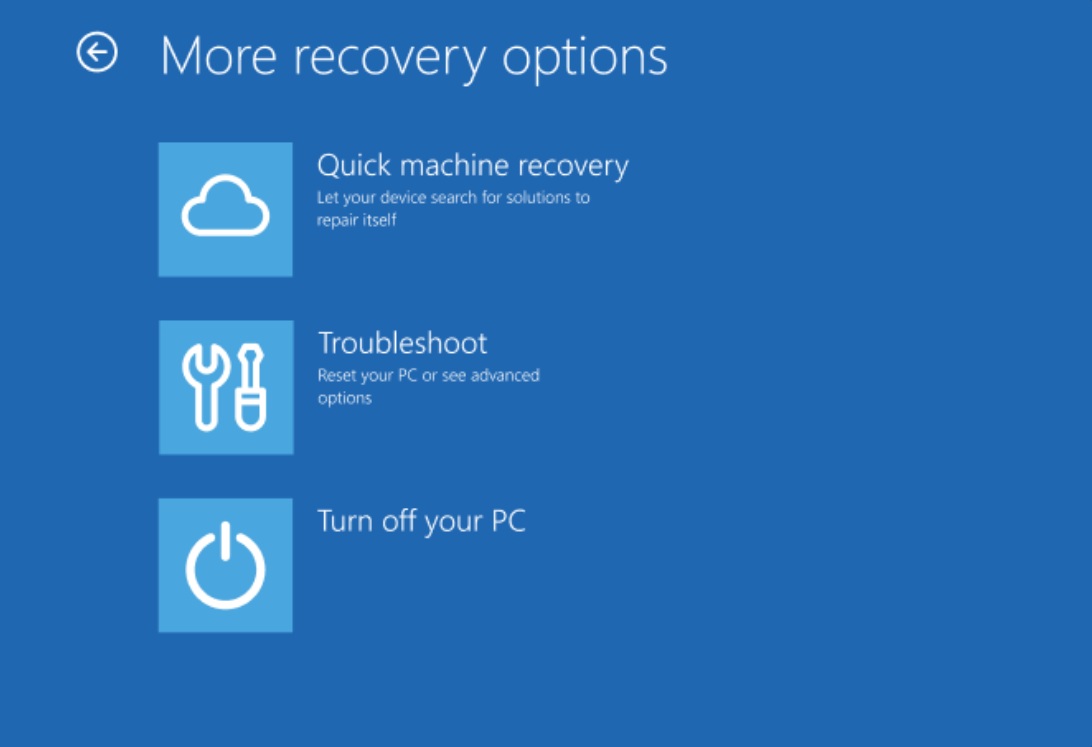
Do you prefer Mac over Windows?
We all have different use cases. I’ve a Windows PC for personal use, office work, and gaming. Then, I’ve Linux for running my servers and Python scripts. macOS doesn’t fit in my use case, but what about you? Have you considered switching from Windows to Mac? Let me know in the comments below.

